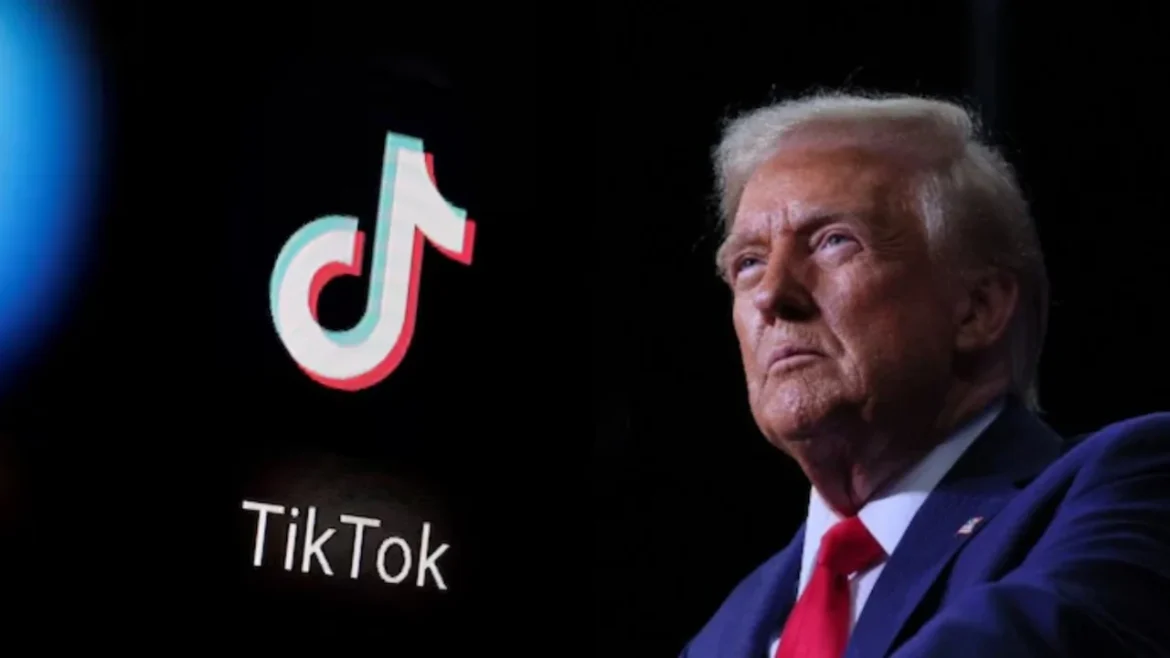Former President Donald Trump has petitioned the Supreme Court to delay a potential ban on TikTok, a social media platform he sought to ban during his presidency.
The Supreme Court is set to hear arguments on January 10 regarding a proposed law that could result in TikTok’s removal from the U.S. market.
The case centers on national security concerns tied to TikTok, owned by Chinese company ByteDance. U.S. lawmakers and federal agencies allege that the app could share user data with the Chinese government, posing a risk to American security.
TikTok denies these allegations, maintaining that it has implemented extensive measures to protect user data.
Trump’s request for additional time seeks to facilitate negotiations aimed at avoiding an outright ban.
Sources familiar with his petition suggest Trump views TikTok as an essential platform for communication, particularly among younger Americans. His intervention marks a notable shift from his earlier position advocating for the app’s removal.
During his administration, Trump attempted to ban TikTok through executive orders, citing security threats. Legal challenges blocked these efforts, with courts questioning the justification for the ban and raising concerns about potential free speech violations. These legal battles have continued under subsequent administrations.
TikTok’s widespread popularity adds complexity to the issue. With over a billion users globally and millions in the U.S., the app has become a cultural and social hub, particularly for younger demographics. A ban could provoke significant backlash from its user base.
Negotiations over TikTok’s future have previously included proposals to restructure ByteDance’s ownership or implement stricter data management protocols to address security concerns. These measures could provide alternatives to a ban while maintaining access to the platform for U.S. users.
The Biden administration has also scrutinized TikTok, though it has not publicly supported a ban. Federal agencies continue to evaluate the app’s risks, and the Supreme Court’s decision is expected to influence future policy approaches.
The upcoming hearing will determine whether regulatory efforts targeting TikTok are justified under current law. The outcome could have far-reaching implications for foreign technology companies operating in the U.S., setting a precedent for balancing national security with digital commerce and free speech.

